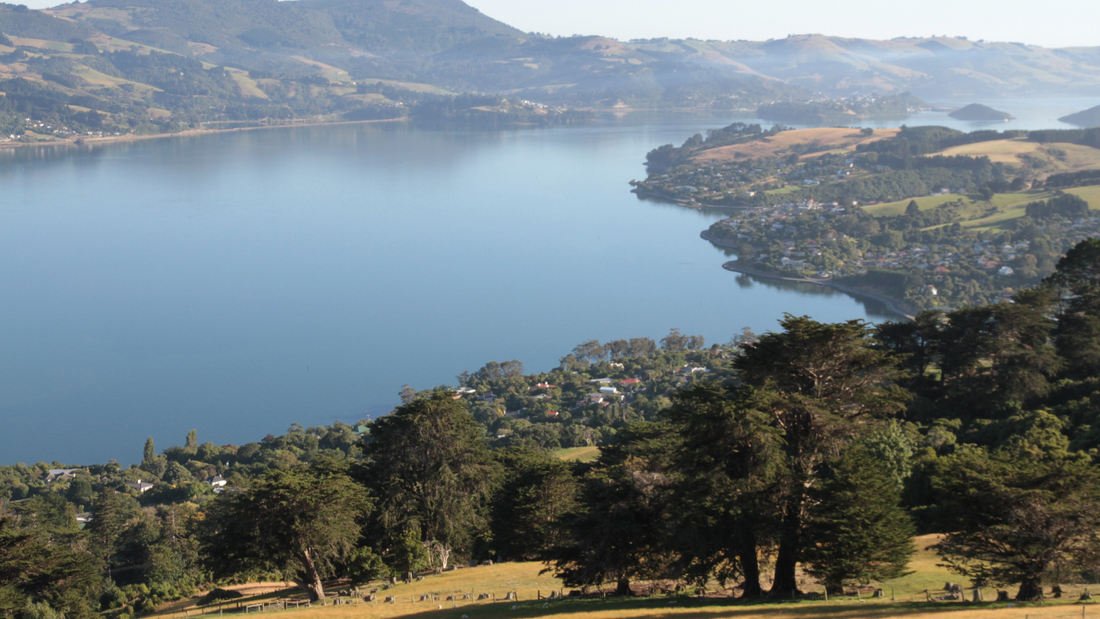
Predator Free Otago Peninsula
The Remarkable Journey of Predator-Free Otago Peninsula
A Decade-Long Mission to Eliminate Possums
The Predator-Free Peninsula initiative is an ambitious endeavour striving to rid the Otago Peninsula of possums. Since 2011, dedicated teams have worked relentlessly to create a safer haven for native species. Over this period, an impressive 23,000 possums have been removed.
Substantial progress has been made in clearing the Peninsula of possums. Many areas have achieved complete eradication, while others are diligently addressing the remaining individuals. The common brushtail possum, introduced from Australia in the 1860s, poses significant threats, including habitat destruction, predation of native species, and competition for resources.
Home to the world’s only mainland albatross colony, Little Blue Penguins, and the endangered Yellow-Eyed Penguin, the Peninsula is a critical biodiversity hub. The eradication of possums represents a major step toward restoring the ecological balance of this unique region.

The Brushtail Possum is a Serious Threat to Native Wildlife
The Crucial Role of Locals in Conservation
One of the primary challenges in conservation is community involvement. Conservation efforts should not be confined to a select few but should engage and empower entire communities to take ownership of their surroundings. The Predator-Free Peninsula initiative exemplifies this approach.
With a population of nearly a thousand, the Otago Peninsula comprises a mix of private and public land used for various purposes, including farming, industry, and recreation. Achieving widespread community involvement is no small feat. The anticipated eradication of possums within a year—made possible through the efforts of thousands of people—is a remarkable testament to community ownership.

Without community involvement, none of this would be possible.
A Successful Social Media-Driven Initiative
How does one achieve meaningful community engagement? The Predator-Free Peninsula has successfully addressed this challenge through its innovative social media campaign, ‘Spotlight on Possums.’ This initiative transforms community members into the 'eyes and ears' of the eradication effort, encouraging them to explore their surroundings at night with flashlights.
Acknowledging that not everyone is comfortable killing animals, the initiative simply asks residents to identify and report possum sightings. The results have been promising—eight possums have been identified, and three have already been eradicated—showcasing the power of community engagement in tracking elusive populations.

The ‘Spotlight on Possums’ initiative harnesses community involvement to locate elusive possums.
From Nightly Encounters to Silent Roads: Sustaining Success in the Predator-Free Peninsula
The journey doesn’t end with eradication; preventing pest reinvasion is equally crucial. The wider Predator-Free Dunedin initiative collaborates with over twenty community groups covering more than 65,000 hectares to ensure possums and other pests are kept at bay. The Halo Project, a community group with 1,800 traps, plays a vital role in maintaining low pest numbers citywide, safeguarding the Peninsula’s possum-free status.
The results speak volumes—a decade ago, possums were a common sight on roads after dark. Today, thanks to collective efforts, the roads remain silent, offering a promising outlook for the preservation of the Peninsula’s unique wildlife.

An eventual predator-free city is the goal.
The Positive Impact on Local Wildlife
Fantails were once declared functionally extinct in Dunedin, decimated by introduced pests. Other species, such as kererū, struggled—not only were they preyed upon, but they also faced competition for resources from possums.
In recent years, local residents have worked hard to reverse this decline through both the Predator-Free Peninsula and Predator-Free Dunedin initiatives. The results have been remarkable—between 2019 and 2020, the number of observed kererū in Dunedin soared from 867 to 2,613!
Kererū are a cornerstone species, playing a crucial role in dispersing the seeds of many native fruit trees. Without them, forest biodiversity suffers. Since many of these fruit trees are also flowering species, their resurgence provides more food for native birds like the tūī, a key pollinator.
This is no small achievement. Growing up in Dunedin, I spent weekends trapping possums around the city. Over a decade in those hills, I remember seeing only three kererū and just a handful of fantails. It’s thrilling to see my home coming back to life.

The kererū return to Dunedin.
Support us by purchasing from our online store which allows us to devote more time to stories like this.
Want to learn more about local community conservation? Check out our collaboration with Predator Free NZ.